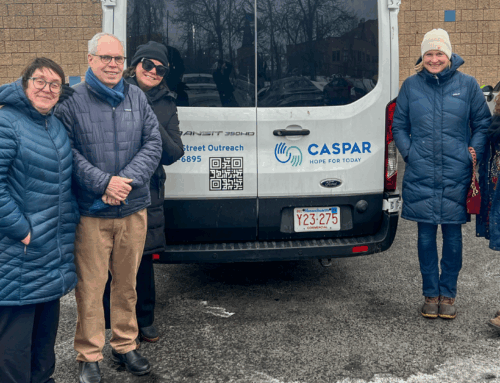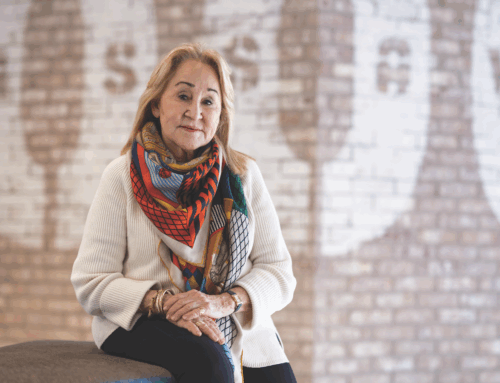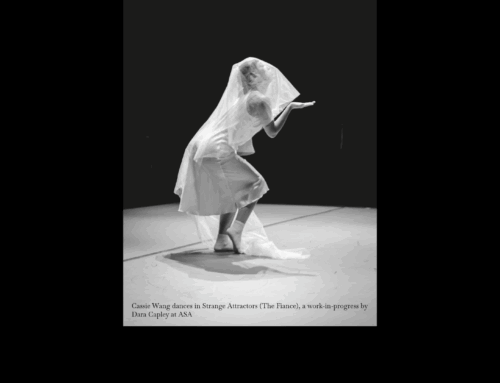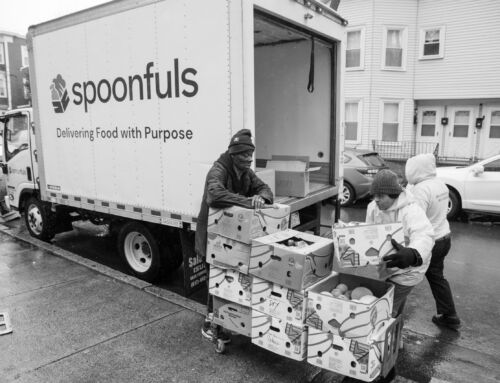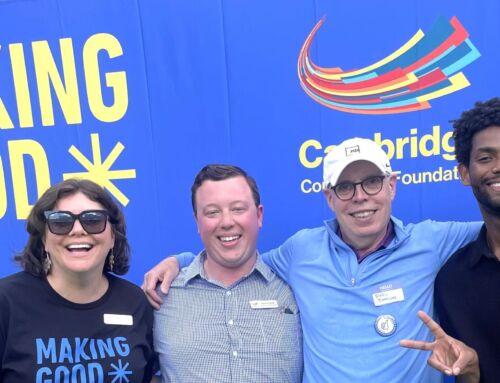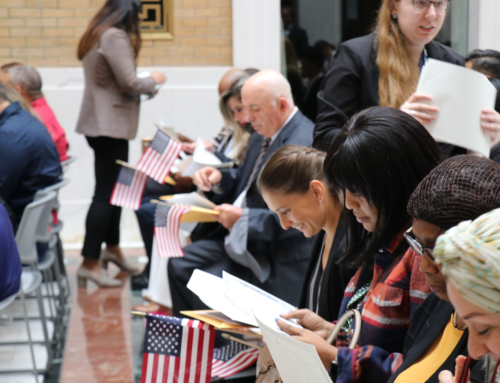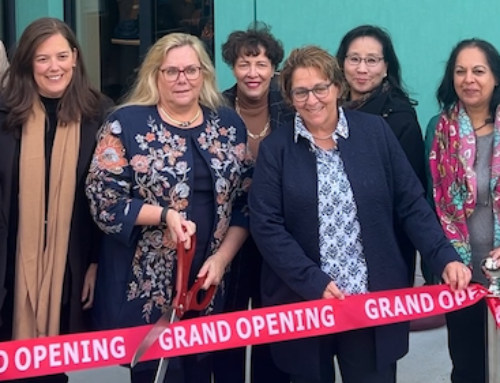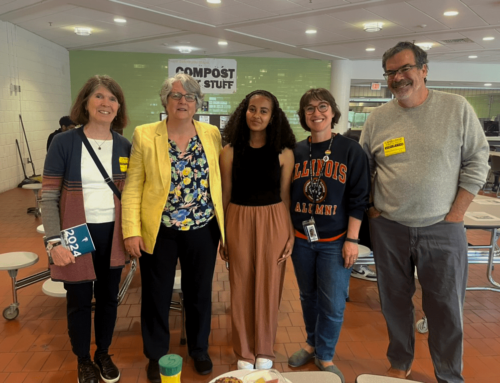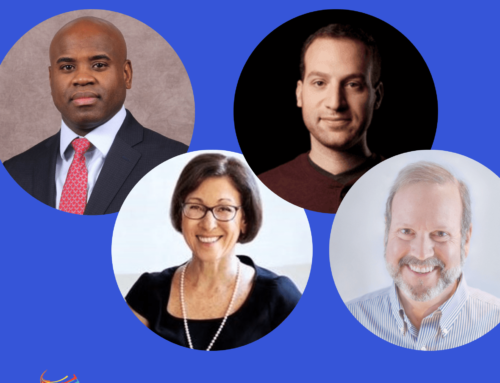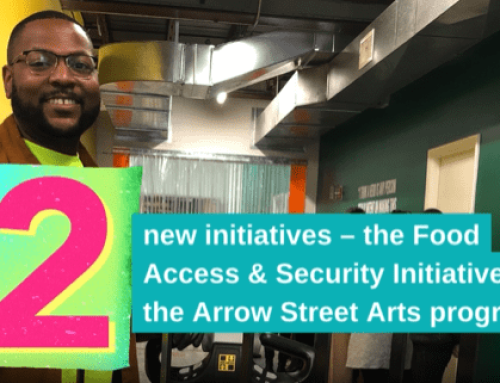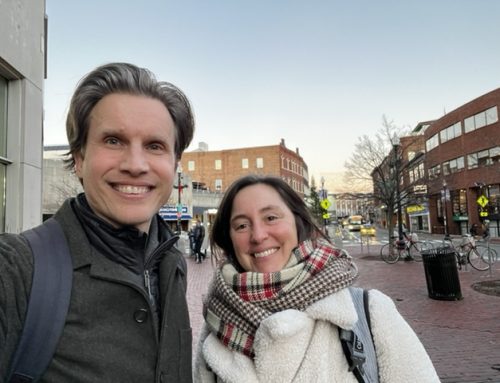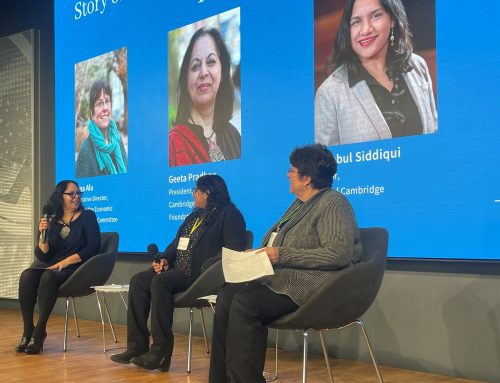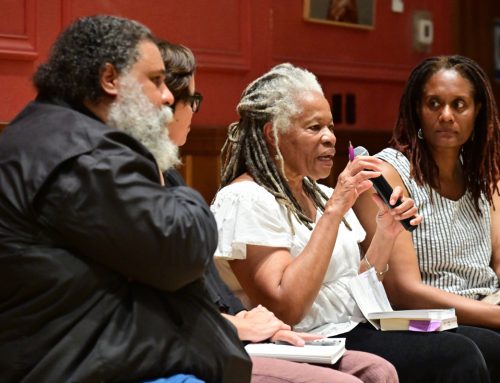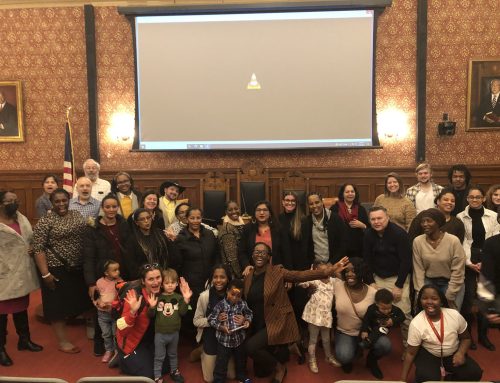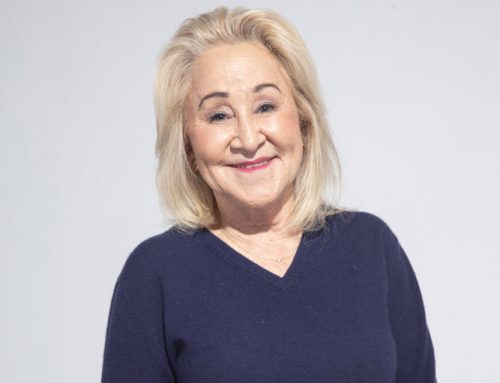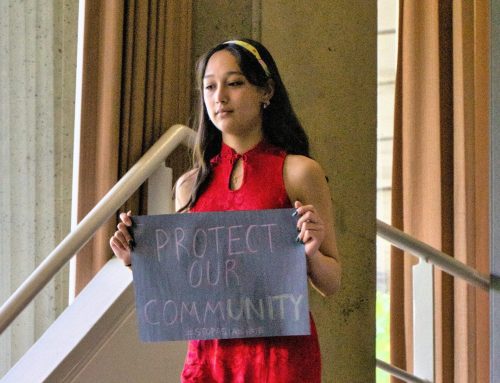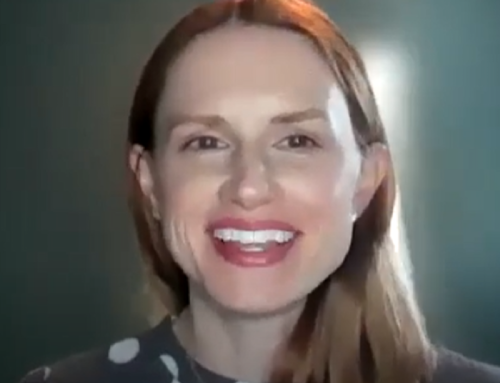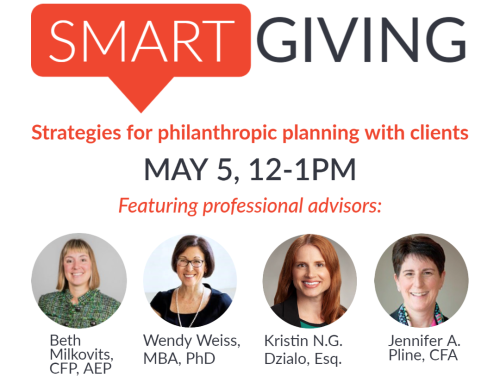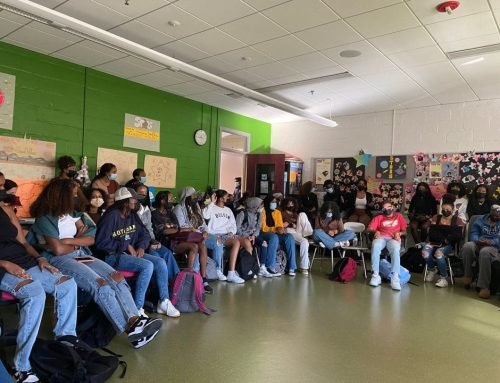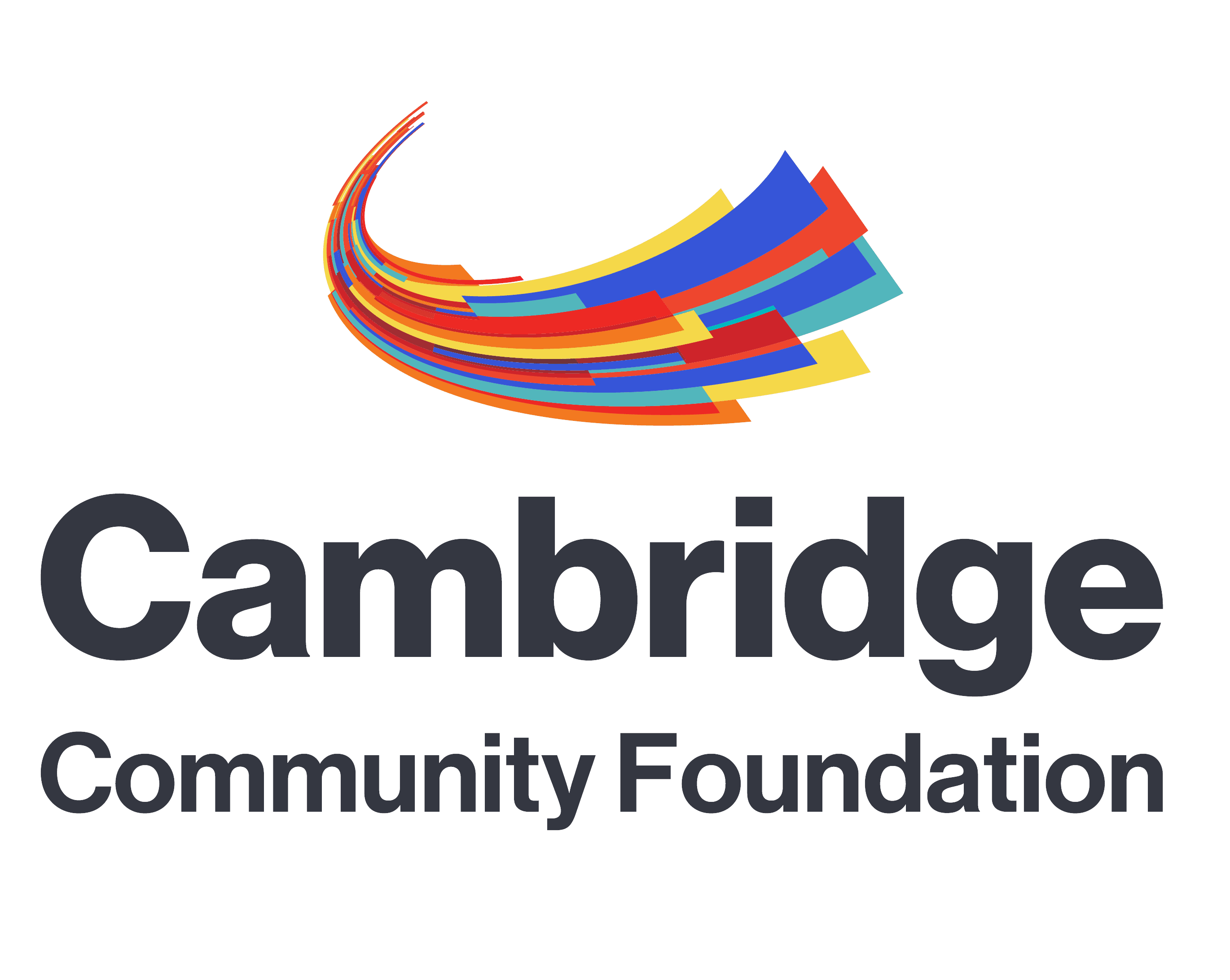This post is part of our “Smart Giving” series of informational articles for professional advisors from CCF’s Professional Advisors Council.
Procrastination is a drain in ways that go far deeper than the incomplete task itself. We know this intellectually, but it can be so hard to break the procrastination habit. It seems that the more daunting the task, the harder it is to tackle. This surely is a major reason some of your clients routinely put off important planning discussions. And of course, many of those discussions are tax-sensitive, which means year-end can get very hectic and stressful for clients who wait until the last minute.
As the year begins to wind down, consider tapping into your clients’ philanthropic interests as a catalyst to motivate them to start addressing year-end planning items right now rather than waiting until November or December. You may discover that the uplifting topic of philanthropy makes it easier to at least start a conversation. Then, the conversation can evolve to include not only charitable giving topics, but also other tax planning topics that need attention.
Here are some things to keep in mind:
- If a client who is over 70 ½ mentions wanting to support a particular need or organization in the community, you can suggest that you loop in the CCF team to potentially contribute to a field-of-interest or designated fund, which can then receive distributions from the client’s IRA up to $105,000 annually per spouse. This, in turn, opens the door to discuss Required Minimum Distributions and other elements of retirement planning in general.
- If the client mentions that they are already dreading gathering tax receipts for 2024 charitable donations, suggest that the client consider setting up a donor-advised fund with us at CCF to serve as a convenient and rewarding “hub” for charitable giving. Going forward, the client can conduct the bulk of their giving using the donor-advised fund and avoid the mad scramble for receipts. If the client already has a donor-advised fund, make sure they know how to use it most effectively, and reach out to the CCF team for help. What’s more, discussing charitable donation receipts presents a nice opening to remind a client about other paperwork that may need to be gathered or completed to meet overall estate and financial planning goals.
- When your client talks about charities they plan to support before year-end, remind your client not to automatically reach for the checkbook. Most of the time, highly-appreciated marketable securities (or other highly-appreciated, long-term assets) are ideal gifts to a client’s fund at CCF or other public charity because the client is eligible for a tax deduction at the assets’ fair market value, and the proceeds from the sale of the assets will flow free from capital gains tax. That means more funds are available to support the client’s favorite causes. Conveniently, the conversation about highly-appreciated stock can segue naturally into a conversation about overall stock positions.
The team at the Cambridge Community Foundation is here to help you serve your charitable clients every step of the way, every month of the year. We understand that late-December transactions are often unavoidable. The net-net is that we’re happy to work with you according to your clients’ schedules, whether that means getting a jump on a new year and processing stock gifts in February, helping you plan in September for year-end, or preparing fund agreements in December. It’s our pleasure to assist!
Interested in more content like this? Contact Jennie Woo, [email protected], or subscribe to our Smart Giving series.


